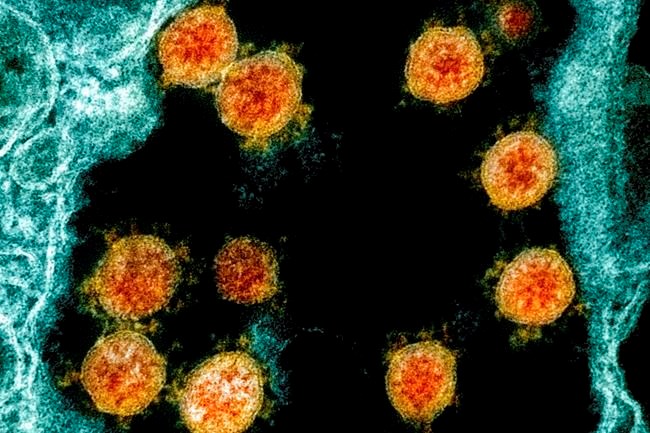EDMONTON — Microsoft founder Bill Gates did not create the virus that causes COVID-19 and he is not forcing microchips into your body through vaccinations.
Those pieces of misinformation are examples of what a group of Canadian scientists and health professionals is trying to discredit through a new campaign tackling inaccurate theories about the pandemic.
About 40 misinformation debunkers are using the hashtag #ScienceUpFirst to provide science-based evidence on social media.
"There's been misinformation about all kinds of things that you can do to treat COVID with crazy treatments like cow urine and bleach," said Prof. Timothy Caulfield, Canadian research chair in health law and policy at the University of Alberta.
Caulfield is spearheading the #ScienceUpFirst movement.
"And now we're in the middle of trying to roll out the vaccine and we know that misinformation is having an adverse impact on vaccination.
"Things like the vaccine will change your DNA. No, it won't. The idea that the vaccine is associated with infertility. No, it's not," Caulfield said Monday in a phone interview.
"There is just an incredible amount of misinformation out there about COVID. I've been studying misinformation for decades. I've never seen anything like this."
He said the campaign was already trending on Twitter on Monday, the day of its launch.
Caulfield is known for taking actor Gwyneth Paltrow's wellness brand Goop to task in his book "Is Gwyneth Paltrow Wrong about Everything?'' as well as for a Netflix series called "A User's Guide to Cheating Death."
The initiative is in collaboration with the Canadian Association of Science Centres, COVID-19 Resources Canada, and the Health Law Institute at the University of Alberta.
"There's been research that has shown that the spread of misinformation is having an adverse impact on health and science policy, it's led to increased stigma and discrimination, and it's just added to the chaotic information environment that we all have to deal with," Caufield said.
"The evidence tells us that debunking does work if you do it well, so we're trying to do it well. We're trying to listen. We're trying to be empathetic in our approach. We're trying to be creative in our messaging and, hopefully, even if we move the needle a little bit, we can make a difference."
A spokesperson for #ScienceUpFirst says the campaign is pushing to involve Canadian athletes and celebrities to get the word out about tackling misinformation.
This report by The Canadian Press was first published Jan. 25, 2021.
———
This story was produced with the financial assistance of the Facebook and Canadian Press News Fellowship.
Fakiha Baig, The Canadian Press




